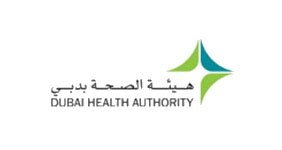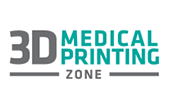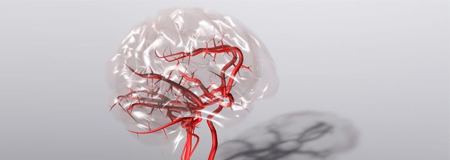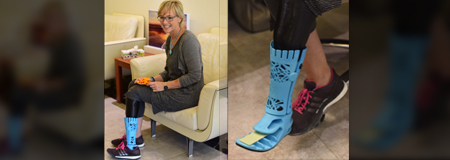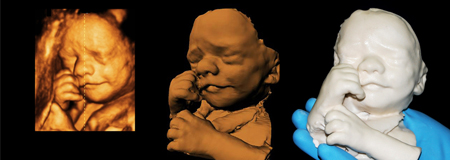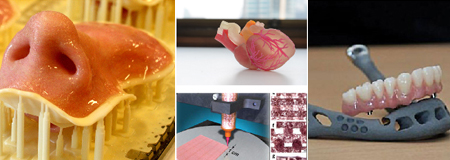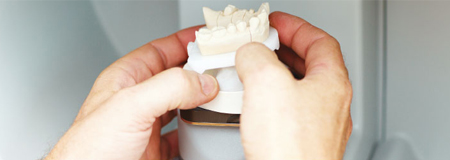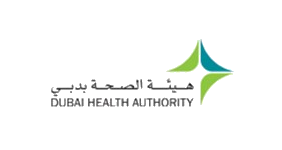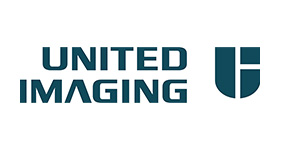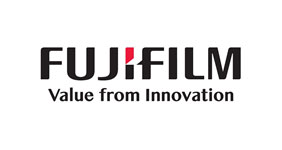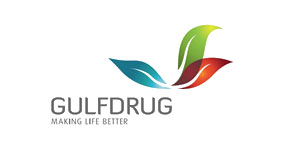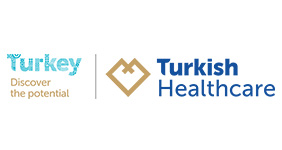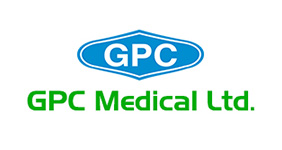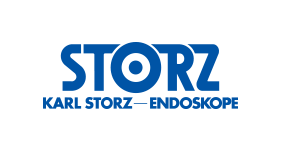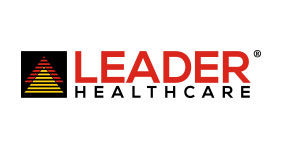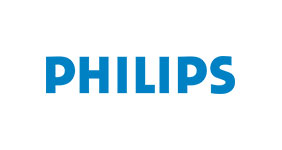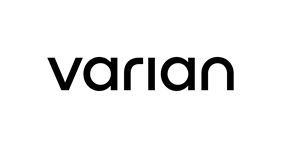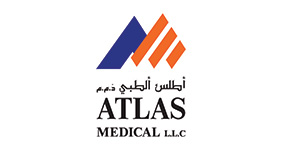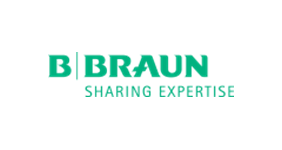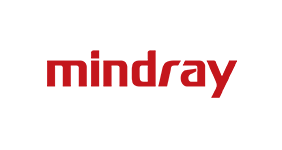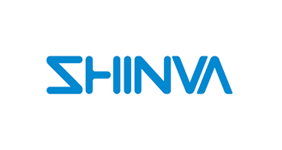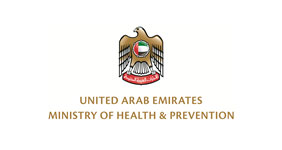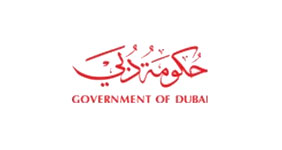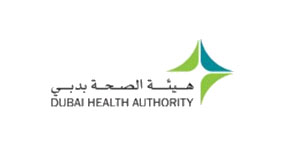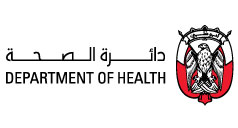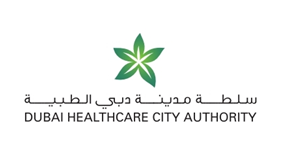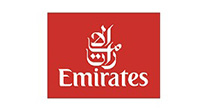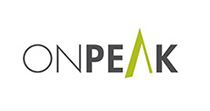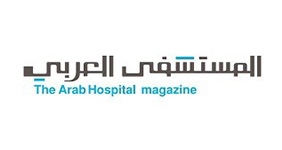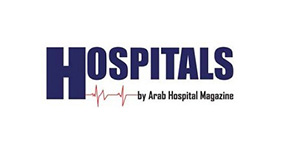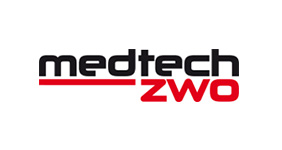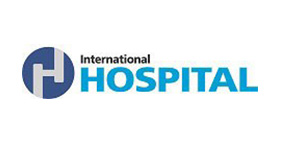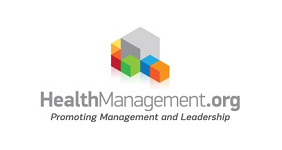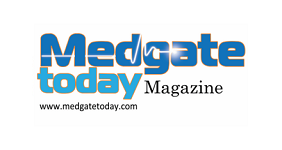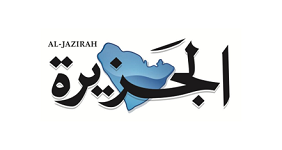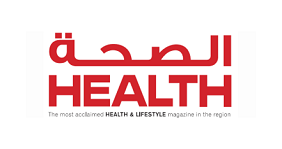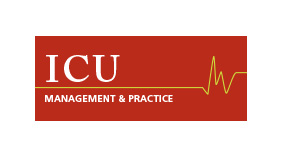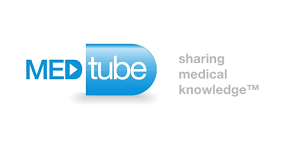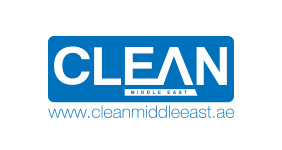3D MEDICAL PRINTING ZONE
Resource dumped by HtmlRenderer
Resource path: /content/informa/arabhealthonline/en1/visit/3dmedicalprinting-innovation/jcr:content/par_page/column_control_7652206601/par-col-1/column_control_1083978038/par-col-2/column_control_1906059685/par-col-1/column_control_1534247853/par-col-2/banner_copy_2110200333
Resource metadata: {sling.modificationTime=-1, sling.characterEncoding=null, sling.contentType=null, sling.creationTime=-1, sling.contentLength=-1, sling.resolutionPath=/content/informa/arabhealthonline/en1/visit/3dmedicalprinting-innovation/jcr:content/par_page/column_control_7652206601/par-col-1/column_control_1083978038/par-col-2/column_control_1906059685/par-col-1/column_control_1534247853/par-col-2/banner_copy_2110200333}
Resource type: nt:unstructured
Resource super type: -
Resource properties
jcr:primaryType: nt:unstructured
In partnership with the Dubai Health Authority, Arab Health 2018 revamped its 3D printing zone to showcase healthcare innovation in 3D printing.
The Dubai 3D Printing Strategy, launched by His Highness Shaikh Mohammad Bin Rashid Al Maktoum Prime Minister and Vice President of the UAE and Ruler of Dubai, aims to make Dubai a global capital of 3D printing technologies by 2030, with a focus on three major sectors: construction, medical products and consumer products.
The dedicated space, which was located at Zabeel Hall 6, featured participants demonstrating the possibilities that 3D printing can achieve for healthcare, including the following themes:
- Virtual Surgical Planning (VSP)
- Implants and Medical Devices
- Anatomical Models
- Prosthetics
- Medical Simulation
- Dental
3D Medical Printing Zone
2017 Featured Activity
Médecins Sans Frontières International
(Doctors Without Borders)
The Arab Health team met with Médecins Sans Frontières (MSF) prior to Arab Health 2017, and discovered that two of the charity’s doctors would be attending the 3D printing conference to learn how the technology could help their practice.
Together with one of the show’s sponsors, the Arab Health team arranged for the donation of a 3D printer to MSF to assist with the organisation’s worldwide humanitarian work. This was a fruitful partnership, heralding the beginning of a longer-term collaboration.
Arab Health donation to MSF
The printer, an Ultimaker 3, is now being utilised by MSF in a refugee camp in Jordan, where doctors at the Amman Surgical Reconstruction Hospital are using 3D printing technology to explore various medical applications, such as prosthetics, in a humanitarian setting. Clara Nordon, the director of the MSF Foundation, praised the collaboration, saying that the printer will be tested in real conditions and should tests be conclusive, it will “help MSF translate 3D printing technology into products which can solve real-world problems”.
Dubai Health Authority
Arab Health and the Dubai Health Authority forged a strategic partnership which offered healthcare professionals in the region a revolutionary insight into the future of 3D medical printing. With the theme ‘Fast Forward 2030’, the 3D Medical Printing Zone at Arab Health featured the latest pioneering technologies in 3D medical printing, along with hands-on workshops and a conference with regional and international speakers.
Commenting on the partnership, Dr Mohammad Al Redha, Director of the Executive Office for Organisational Transformation at the DHA, said, “In line with the vision of His Highness Sheikh Mohammed bin Rashid Al Maktoum, Vice-President and Prime Minister of the UAE and Ruler of Dubai, the DHA has prioritized fostering the development of future technologies such as 3D printing in healthcare.
This collaboration provides us an opportunity to hold roundtable discussions with some of the best minds in the industry and showcase interactive demonstrations of 3D models to visitors. The DHA’s partnership with Arab Health's 3D Medical Printing Zone aims to create meaningful discussion and action about the three core pillars of 3D printing: awareness, regulation and implementation.”
For the first time in the region, healthcare professionals had the unique opportunity to experience and learn from the live 3D printing of hard and soft tissue for dissection during practical hands on training sessions. Through watching a team of surgical experts showcasing their skills on 3D printed tissue in advance surgical procedures, delegates were able to understand the immense capacity of 3D printing in a medical setting, as well as begin practicing skills for the future.
Going beyond the exhibition, Informa donated display pieces from the printing zone to be part of a 30-day display in Sheikh Rashid Medical Library, aimed at raising awareness of 3D printing among physicians.The highlight of this display was an amazing 3D printed prosthetic leg, especially produced for the DHA and branded with the DHA and Arab Health logos. Going forward, the partnership will enable several local amputees to receive 3D-printed limbs, allowing physicians the opportunity to witness first-hand the practical applications which these technologies can offer.
